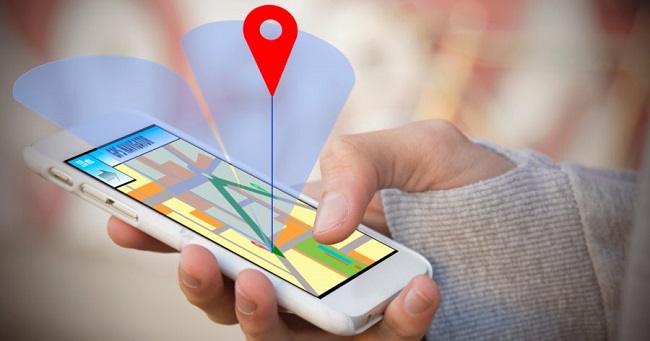Most of us nowadays are, at minimum, dependent on our mobile devices. (At worst, we’re clinically dependent.) How often, though, do you stop to think about all the information your phone has stored on you?
To what extent are you aware of the common smartphone security dangers and data-tracking measures? You may be familiar with how to determine whether your computer has been hacked and what hackers may do with your mobile phone number.
Seeing the potential hazards, you may be asking if there is a way to make your phone untraceable. As it turns out, even the most impenetrable smartphones are capable of tracking their owners in a variety of ways, including via Bluetooth, Wi-Fi, and GPS.

It’s easy to convince yourself that you have nothing to worry about if you don’t have anything to conceal. But, in today’s information-based economy, your data has tremendous value. However, there are valid arguments against being tracked.
You might be wary of having your data sold or shared because you fear for its safety or because the prospect of being the subject of surveillance makes you uncomfortable.
How to Make Your Phone Impossible to Track
In spite of the fact that governments and law enforcement agencies will likely always be able to monitor your phone if they really want to (more on this below).
There are techniques to lessen mobile security dangers, wipe your digital imprint, avoid malware, and render your phone untrackable by apps. Let’s have a look at how to make your phone impossible to track.
Disable Location Services
While installing a new app for the first time, you may be prompted to grant the app permission to access your location. While it may seem like a good idea at the time, many individuals click “Accept” without giving it any thought.
When you give an app permission to access your location, it may begin collecting and storing your GPS coordinates even while you’re not actively using the app. Oftentimes, companies may sell this data to third parties like advertising and hedge funds in order to make a profit.
You can limit app access to your location data by disabling location services for individual apps or for all apps in your phone’s settings. Even if you turn off location services, your phone will still be trackable by others, but apps won’t be able to use it.
Scan for and Remove Spyware
Hackers sometimes use infected devices to steal and sell private information by installing malware. Spyware, which may be installed on your phone through a compromised app or download, can be used to track your whereabouts.
Thankfully, there are methods to identify and eliminate malware from your mobile device. Using an anti-spyware program is the most straightforward solution. Using a trusted antivirus program, you can check your smartphone for malware and get advice on how to delete it safely.
Nevertheless, not all programs that claim to be antivirus software actually are, so it’s important to perform some background checking before installing anything.
Use a Private Browser
Web browsers like Chrome and Firefox make use of your precise location for a variety of purposes, including ad targeting and query refinement. This is convenient for finding nearby eateries or attractions, but it also means that your browser is always tracking your position and saving other data about you.
Turn on Airplane Mode
If you are worried that someone is tracking your phone through your online activities, you can switch it to airplane mode.
If you do this, your phone will no longer be able to connect to cellular networks and may not be able to use certain web services that rely on its position. Airplane mode may be a temporary fix, but it will prevent you from using your phone’s most important features, such as internet access, phone calls, and text messages.
Remove Unfamiliar Apps
It’s possible that a hacker has infected your phone with spyware if you start seeing apps and downloads that you didn’t install. Downloading malware puts you at risk of having personal information stolen, including passwords, online history, and location data. Unfamiliar programs should be deleted immediately to prevent falling victim to these scams.
Protect Your Google Account
You should double-check your Google account’s location settings to be sure it’s not broadcasting your precise location to the world. In the event that you have previously disclosed your location to another person, that person may still be able to view it through Google.
Google also offers a function that records your location history even if you don’t have any Google services open at the time. This is convenient for looking back on your travels or remembering your way around, but it also leaves you open to the possibility of having your Google account compromised.
Use a VPN
One of the greatest ways to hide your IP address and location from hackers, organizations, and ads is to use a virtual private network (VPN). A virtual private network (VPN) can protect your online privacy by encrypting your data and redirecting it through a remote server.
A VPN redirects traffic so that it appears to originate from one of many remote locations rather than your actual router.
Making it more difficult for an eavesdropper to determine where exactly your connection begins. By doing so, your online identity, location, and activities are all protected from prying eyes.
Conclusion
Many of companies are always keeping tabs on your phone. Everyone from the apps you’ve downloaded and trusted with your data to the websites you’ve visited. And the ads you’ve seen across the web to the companies that made and serviced your phone can benefit from your personal information.
To say nothing of the dangers posed by a cybercriminal tracking a person’s location through phone. Hope this article helped you to how to make your phone impossible to track.

























